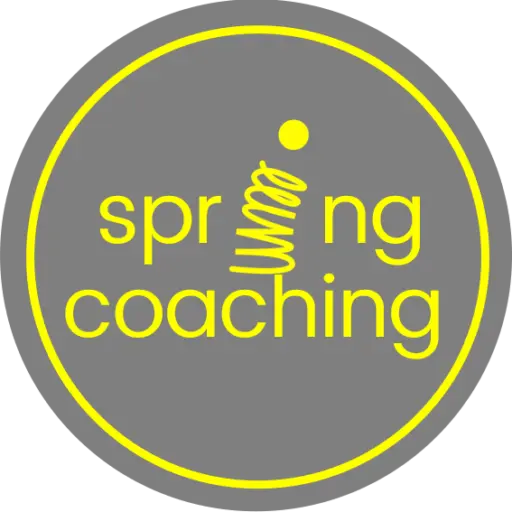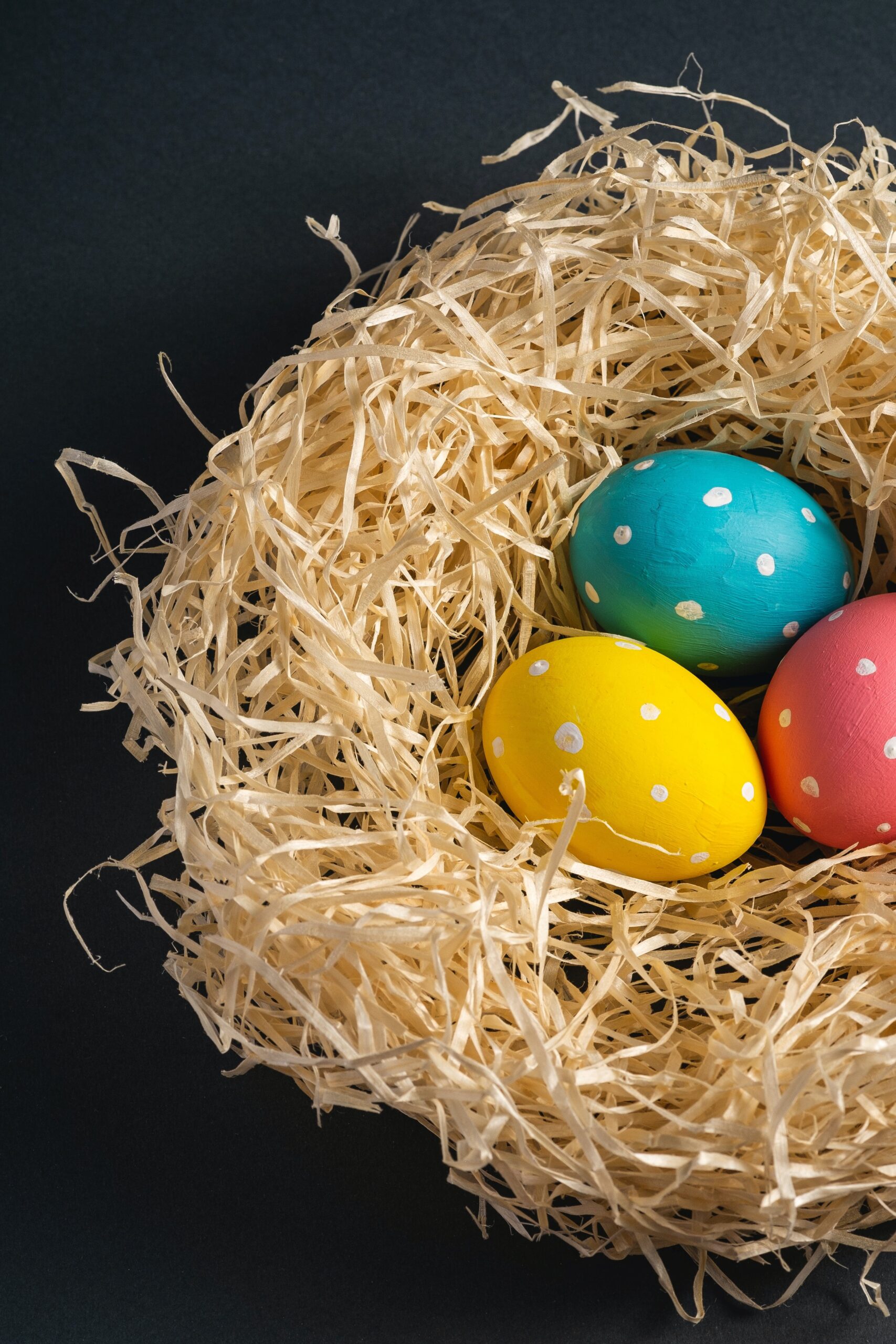We’re days away from arguably the biggest chocolate eating day of the year. A day for many of us, when we happily enjoy a chocolate egg or two, while for others this may bring about feelings of guilt and self-criticism. Although well-intended, the plethora of articles about how many calories per Easter egg, the nutrition and health benefits or otherwise of eating chocolate and how much exercise you will have to do to burn off the calories only adds fuel to the fire.
After my own battles with food and eating, where food was something to be controlled, I now have a much kinder relationship. One where food is simply food. No food is good or bad because food is for nourishment and pleasure. This new approach to food and eating has come from studying mindfulness-based eating and nutrition and informs my whole approach as a nutrition coach and performance nutritionist. A way of eating where you can have your cake and eat it too.
Mindfulness-based eating is about bringing conscious awareness to your food choices, including what, how much and why you eat. It increases awareness of hunger and satiety cues by encouraging mindful eating to savour the sight, flavours, textures and smells of what you are eating. It’s quite different to the way many of us eat when we’re rushing from place to place, or in front of the tv.
The many benefits of mindfulness-based eating include a reduction in binge, emotional and mindless eating that can result in weight loss, improved self-esteem and body image and overall wellbeing. It cultivates a kinder, healthier relationship with food, where food is no longer flavoured with guilt or accompanied by self-loathing.
Here are my top five ways to enjoy Easter without the flavour of guilt:
- Pause: Before diving into your chocolate, pause and reflect. Do you want to eat the chocolate straight away and why? What need or desire do you want the chocolate to satisfy? Are you eating it for nourishment and nutrition, or pleasure? If it is for pleasure make the conscious decision to enjoy it without guilt.
- Portion: Often what looks like a single portion represents multiple servings. Make a conscious decision about how much you want to eat and put away the rest to eat later. You don’t need to eat it all in one go, you can always come back for the next portion later. You have the power to choose.
- Remove distractions: We eat more when we are distracted because we don’t notice fullness cues. Sit down, stop the car if you’re driving, and remove any screens when you eat. Give it your full attention.
- Slow down: It’s not a rush to be finished first. Chewing food is a vital part of the digestion process as it allows the food to be broken down so that digestive fluids can easily break it down further. Some people find it helpful to consciously tune in to each of their senses when eating. Notice what the food looks, smells and tastes like. Or you could practice putting the chocolate down in between mouthfuls.
- Be gentle: Be kind and gentle to yourself. Mindfulness-based eating can be challenging at the start. It takes regular practice to re-train your eating habits. Focus on progress over perfection and congratulate yourself every time you notice yourself eating more mindful.
Contact me if you’d like to find out more about mindfulness-based based eating and nutrition coaching are part of the wider wellbeing and health coaching services that Spring Coaching specialise in.

